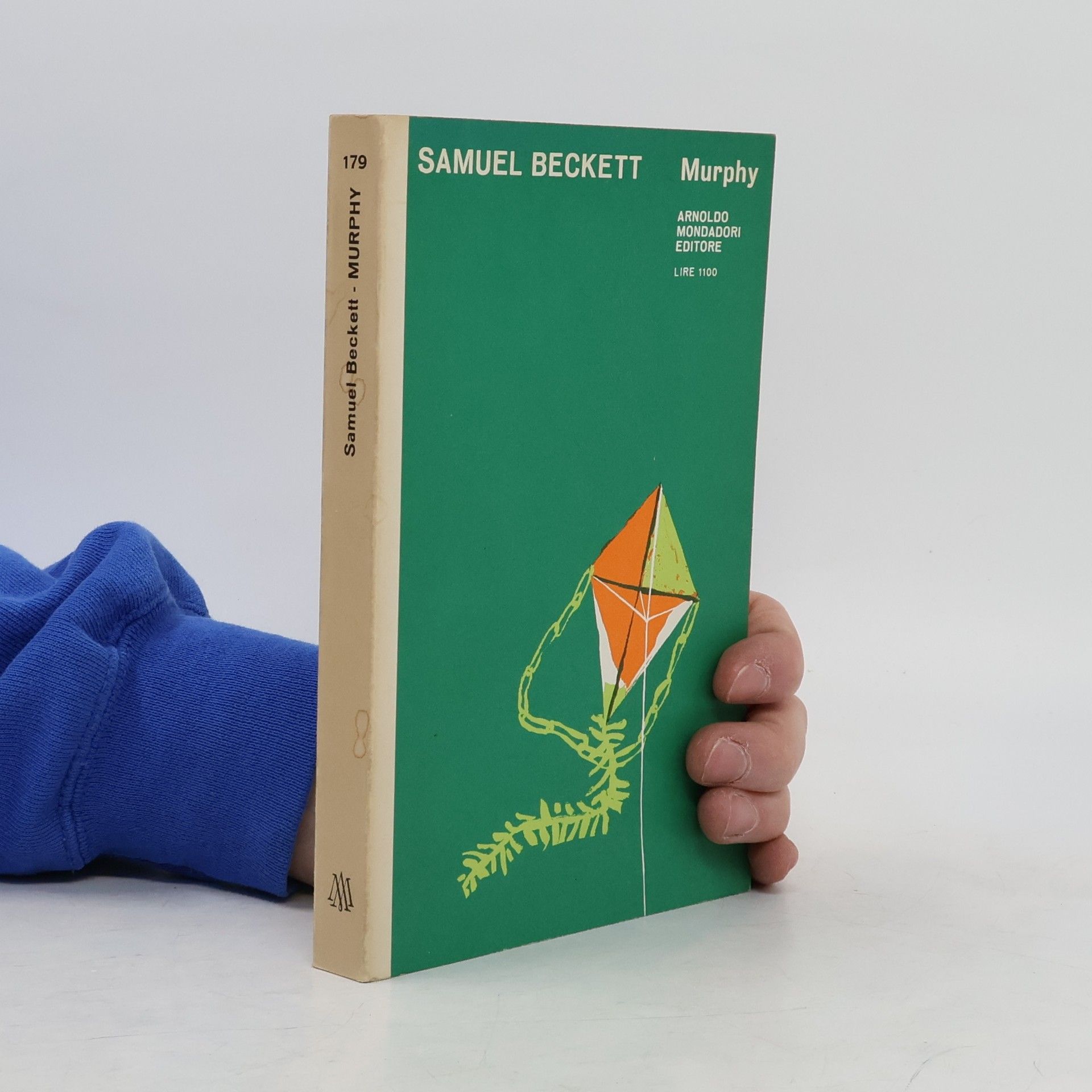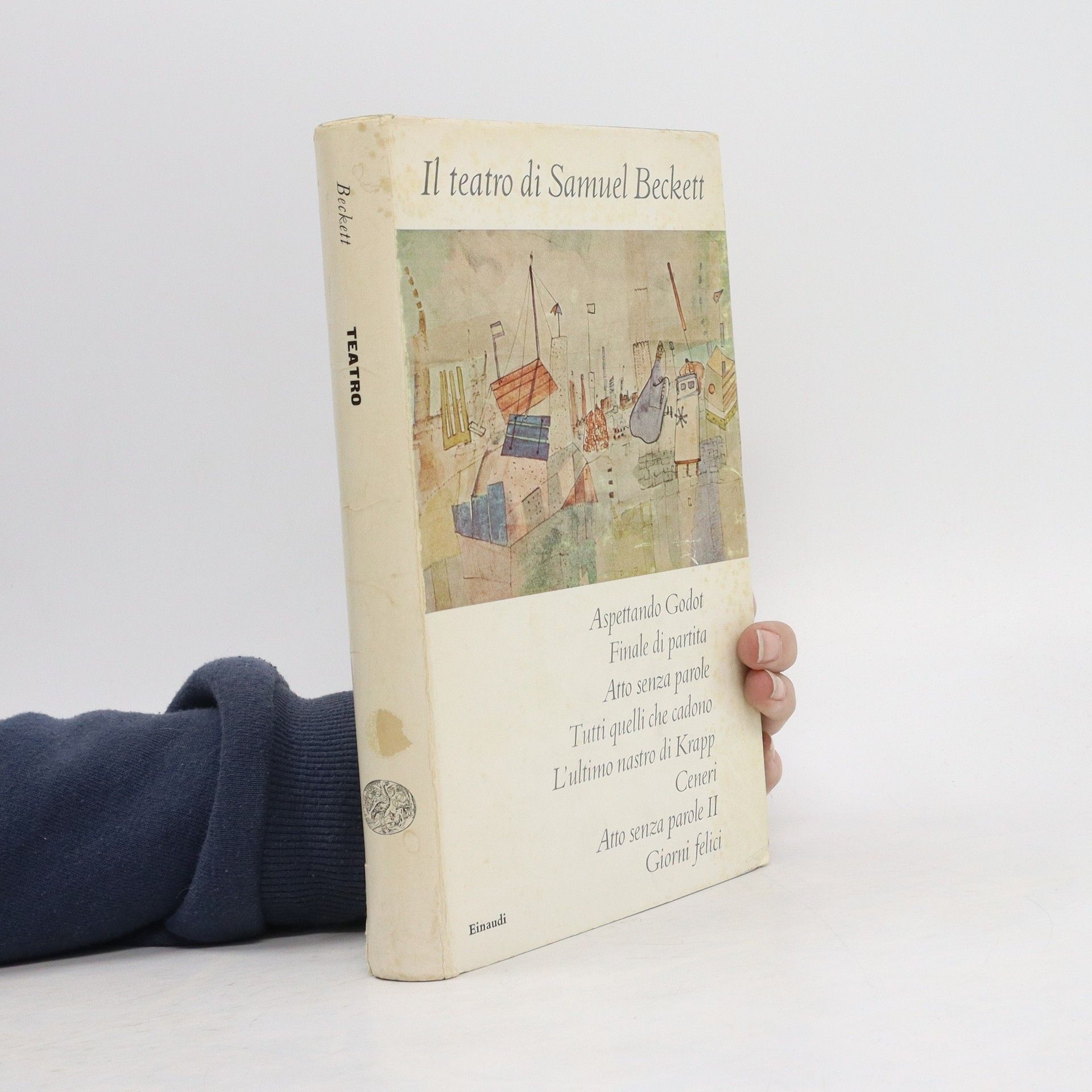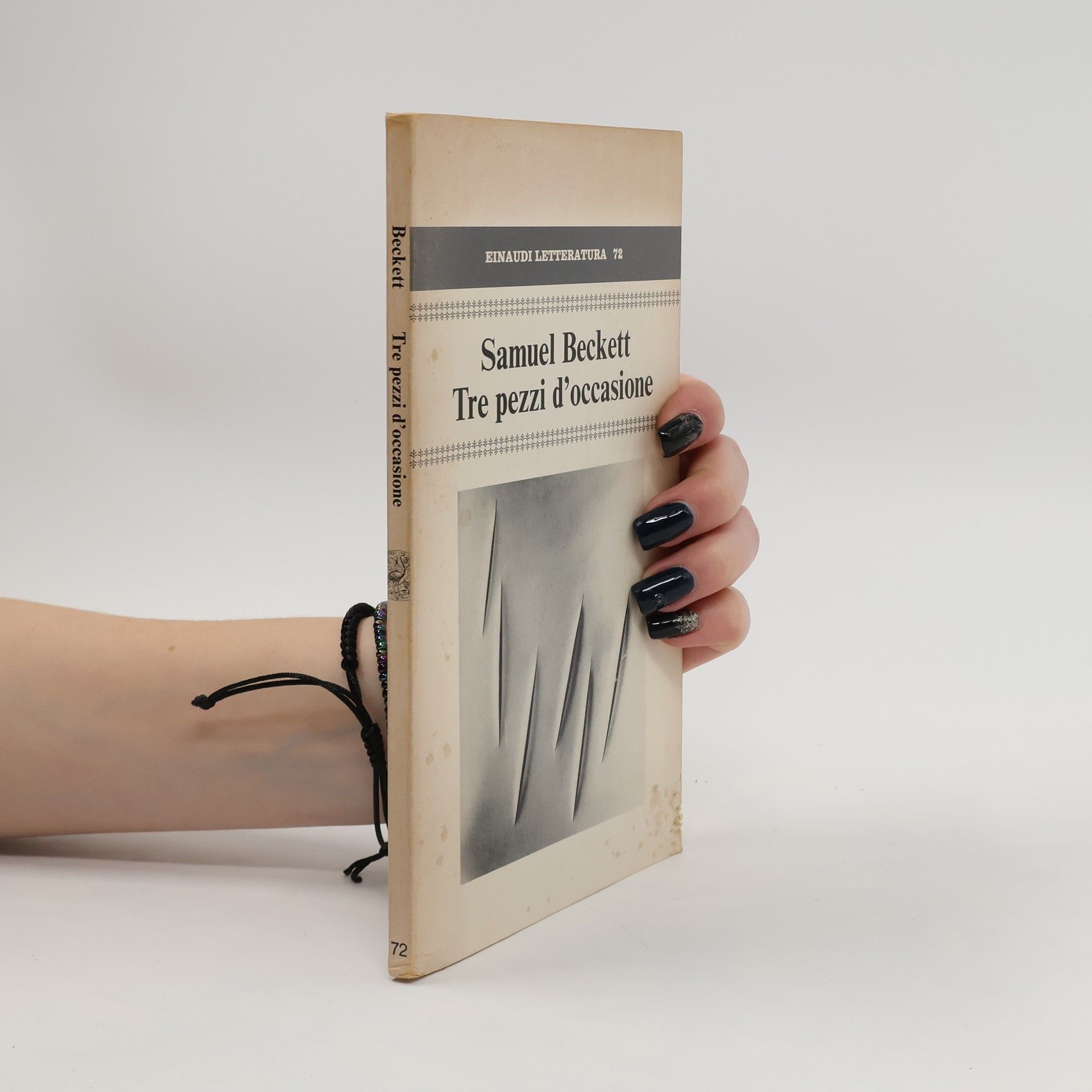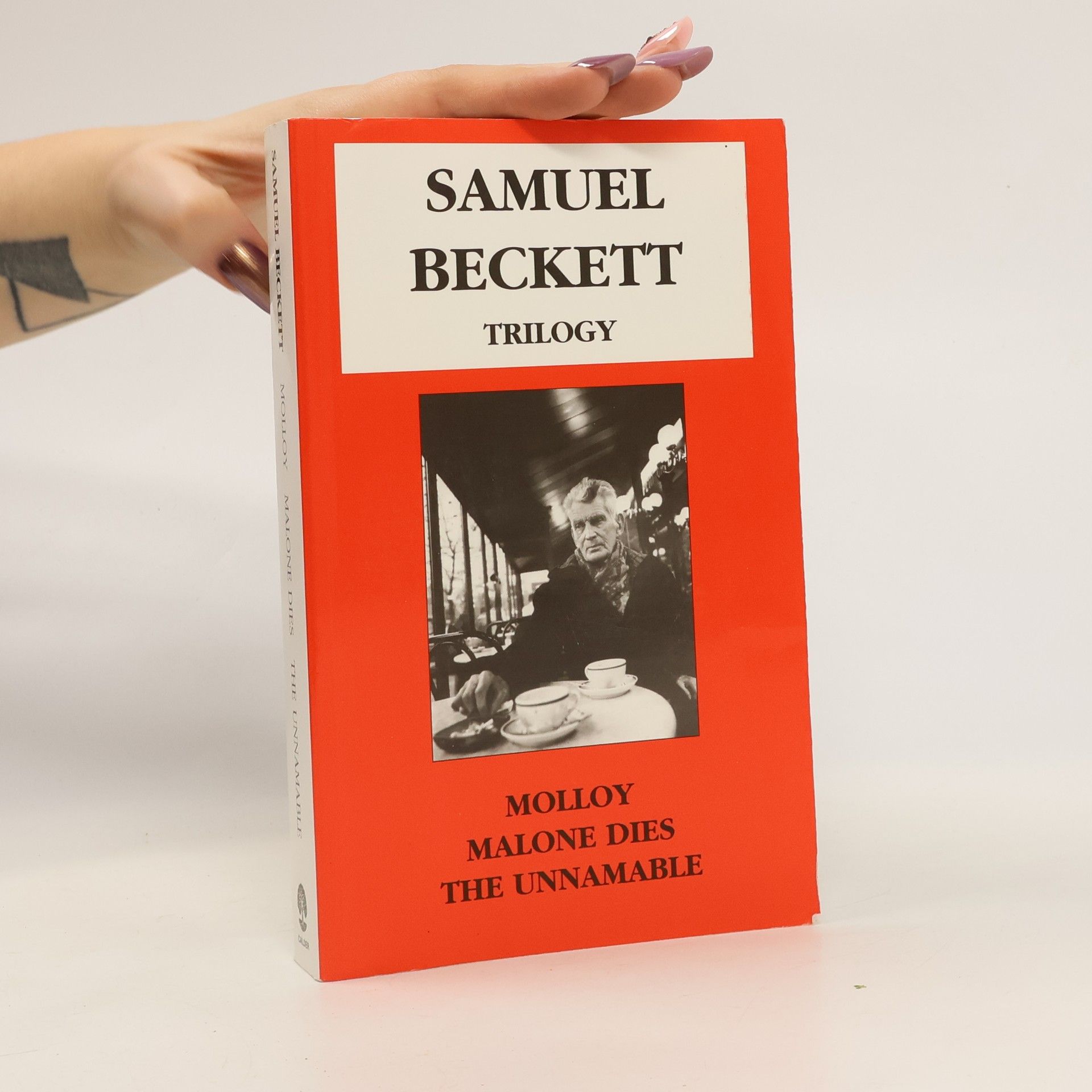Contenuto: Un pezzo di monologo - Dondolo - Improvviso dell'Ohio con testo originale inglese a fronte.
Samuel Beckett Libri
Samuel Beckett, scrittore irlandese d'avanguardia, offre una prospettiva intransigente sulla natura umana, catturando gli aspetti tragicomici della vita spesso con umorismo nero. La sua opera, diventata sempre più minimalista nel tempo, è caratterizzata dal suo stile essenziale. I lavori di Beckett sono considerati fondamentali per il Teatro dell'Assurdo, e la sua influenza sulla letteratura moderna e postmoderna è incommensurabile.







Letters of Samuel Beckett 1966-1989
- 942pagine
- 33 ore di lettura
'Here is a book which, as soon as I could get sight of a copy, I could not stop myself reading straight through, nothing being more urgent to me ... The temptation is only to quote. There is so much here of great value to those who study Beckett ... Every word Beckett wrote as only he could write it. That is why, as Dan Gunn says in his excellent introduction to this final volume, though the writing of letters can seem like a diversion from, or even obstruction of, his work, 'the writing of letters is also that work'. Now we can read them. This is a great piece of publication.' David Sexton, The Evening Standard
The Letters of Samuel Beckett, 1941 - 1956
- 886pagine
- 32 ore di lettura
This second volume of The Letters of Samuel Beckett opens with the War years, when it was often impossible or too dangerous to correspond. The surge of letters beginning in 1945, and their variety, are matched by the outpouring and the range of Beckett's published work. Primarily written in French and later translated by the author, the work includes stories, a series of novels (Molloy, Malone Dies, and The Unnamable), essays and plays - most notably Waiting for Godot. The letters chronicle a passionately committed but little known writer evolving into a figure of international reputation, and his response to such fame. The volume provides detailed introductions which discuss Beckett's situation during the War and his crucial move into the French language, as well as translations of the letters, explanatory notes, year-by-year chronologies, profiles of correspondents and other contextual information.
Fiction. The Trilogy has always been considered the central work of Samuel Beckett's fiction (winner of the Nobel Prize for Literature, 1969), the three novels that have been most admired and have received the greatest amount of critical comment, just as Waiting for Godot written in the same period of concentrated creativity between 1947 and 1949, is central to Beckett's drama. "Beckett's oeuvre towers above that of most of his peers, as of his forebears and followers, because it's such a model of integrity: the beauty that is truth" -- Michail Howowitz.
Letters of Samuel Beckett: 1957-1965
- 816pagine
- 29 ore di lettura
This third volume of The Letters of Samuel Beckett focuses on the years when Beckett is striving to find a balance between the demands put upon him by his growing international fame, and his need for the peace and silence from which new writing might emerge. This is the period in which Beckett launches into work for radio, film and, later, into television. It also marks his return to writing fiction, with his first major piece for a decade, Comment c'est (How It Is). Where hitherto he has been reticent about the writing process, now he devotes letter after letter to describing and explaining his work in progress. For the first time Beckett has a woman as his major correspondent: a relationship shown in his intense and abundant letters to Barbara Bray. The volume also provides critical introductions, chronologies, explanatory notes and profiles of Beckett's main correspondents.

